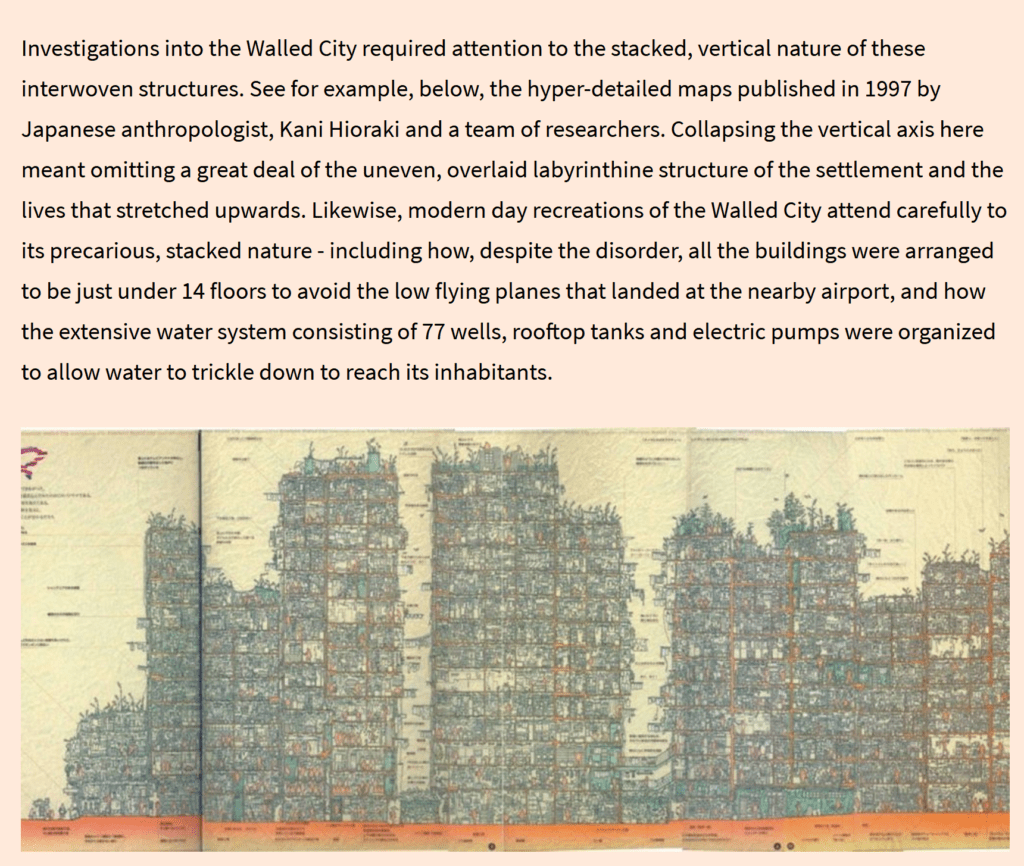ON WORDS.
‘慢;正;熱;夜’
‘Slow; Justice; Heat; Night’
An accompaniment to artist Winnie Soon’s UNERASABLE CHARACTERS Series exhibited at ACCA.
2. An Electric Brain (2021). A New AI Lexicon edited by Noopur Raval and Amba Kak. AI Now. New York.
What would computing be like as an electric brain, a little thunder, and a little flesh? Or a river, electrified? Perhaps as meat and skull and a drizzle of rain?“
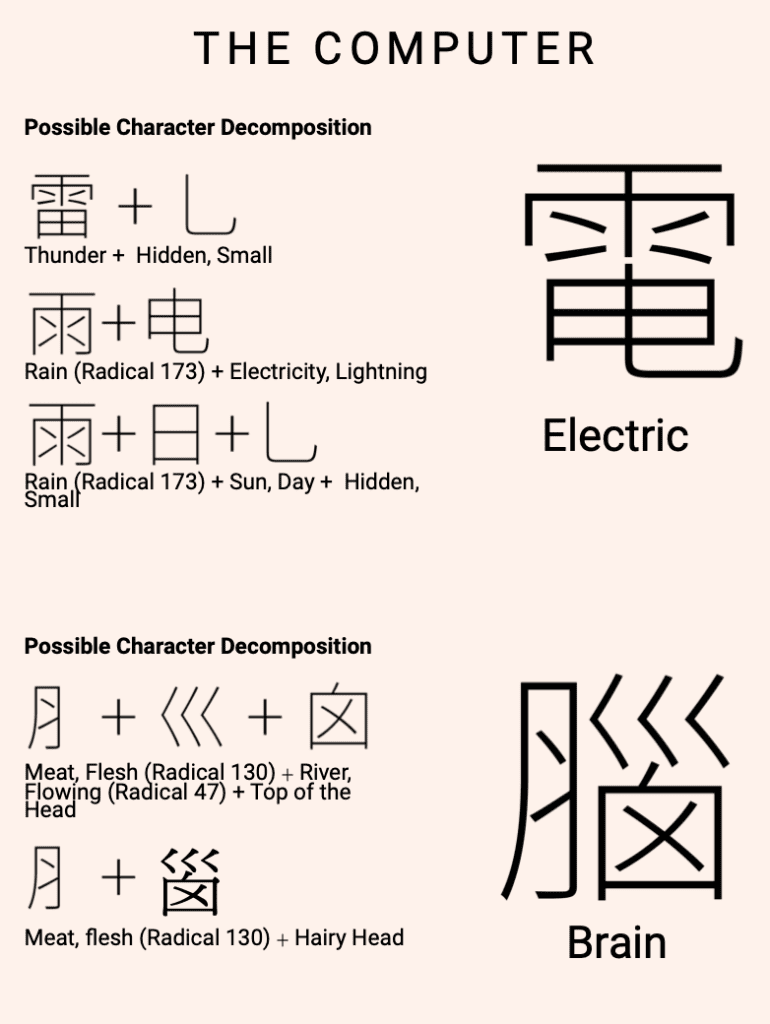
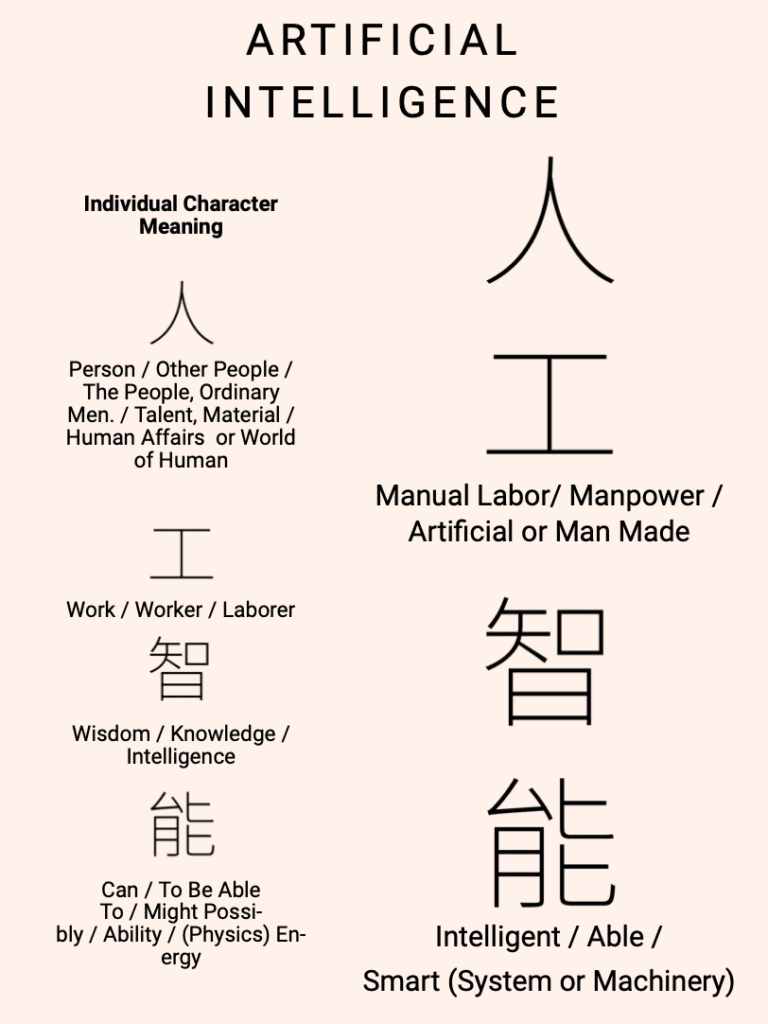
3. Exporting AI (2021). A New AI Lexicon edited by Noopur Raval and Amba Kak. AI Now. New York.
“AI/ML systems are peculiar exports in many ways.”
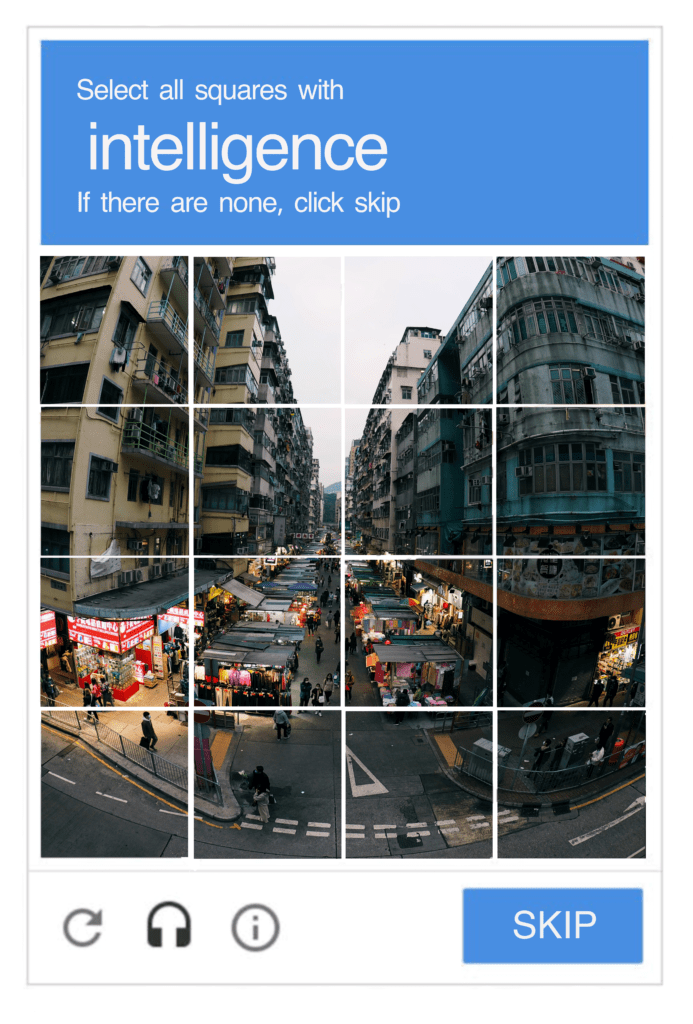
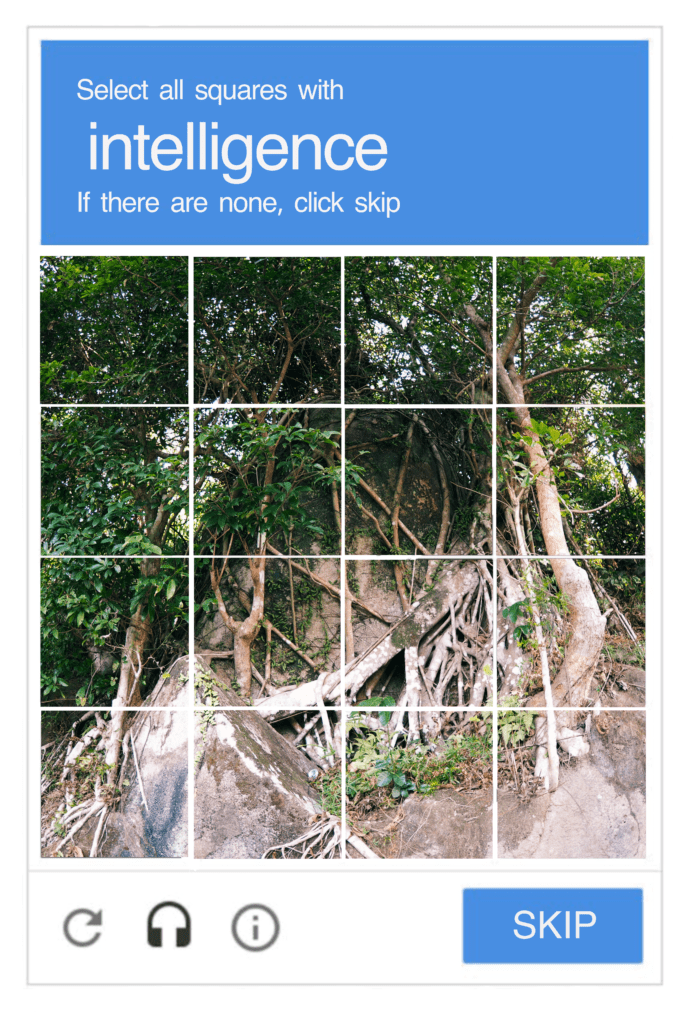
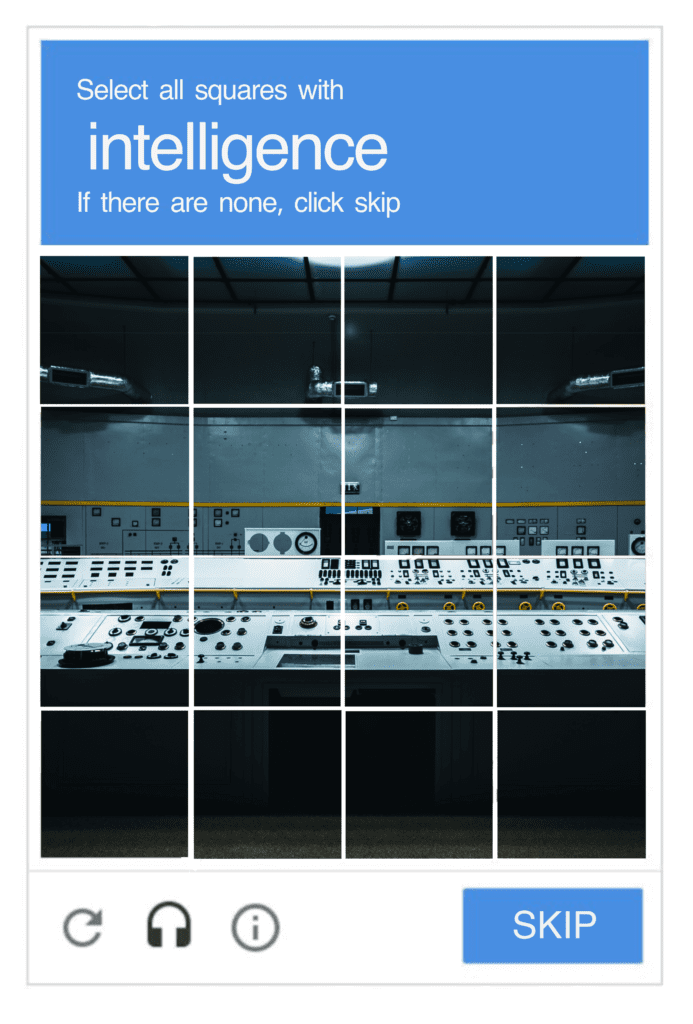
ON FUTURES.
4.Surveillance in the Third Millennium.(2021) Special Issue on Surveillance Stories edited by Bryce Newell & Susan Cahill. Surveillance & Society. 425-440.
What will our surveillant futures look like? This piece prods at this nebulous question by taking an exaggerated look at what would happen if we continued down the pathways to a hyper-datafied society that valued optimisation and quickness above all else.
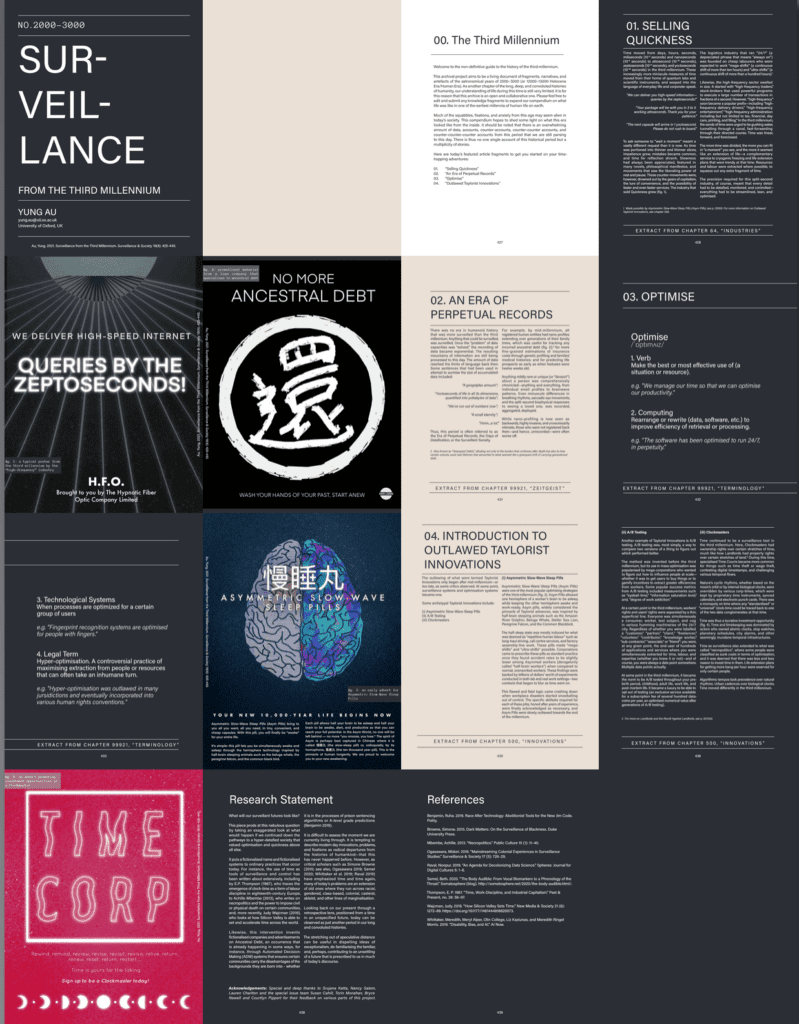
ON MAPS.
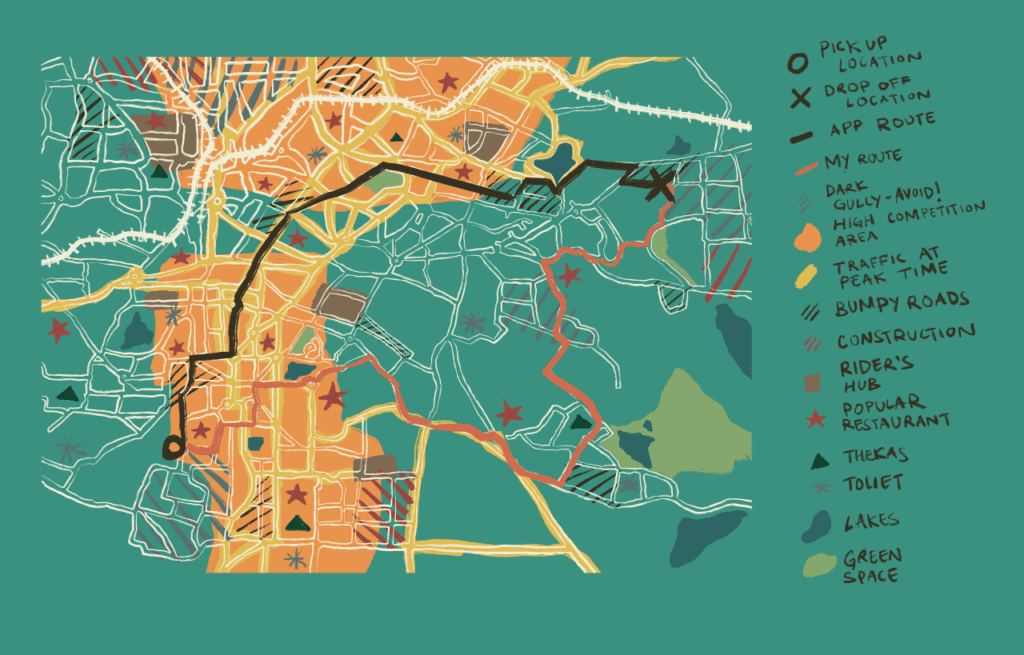
Using storytelling and speculative mapping, this piece explores the disparities of delivery work. This is part of a series from Data & Society which plays with parables as a way of engaging with “the ordinary ethics of tech in the majority world” (Singh, Guzmán & Davison, 2022).
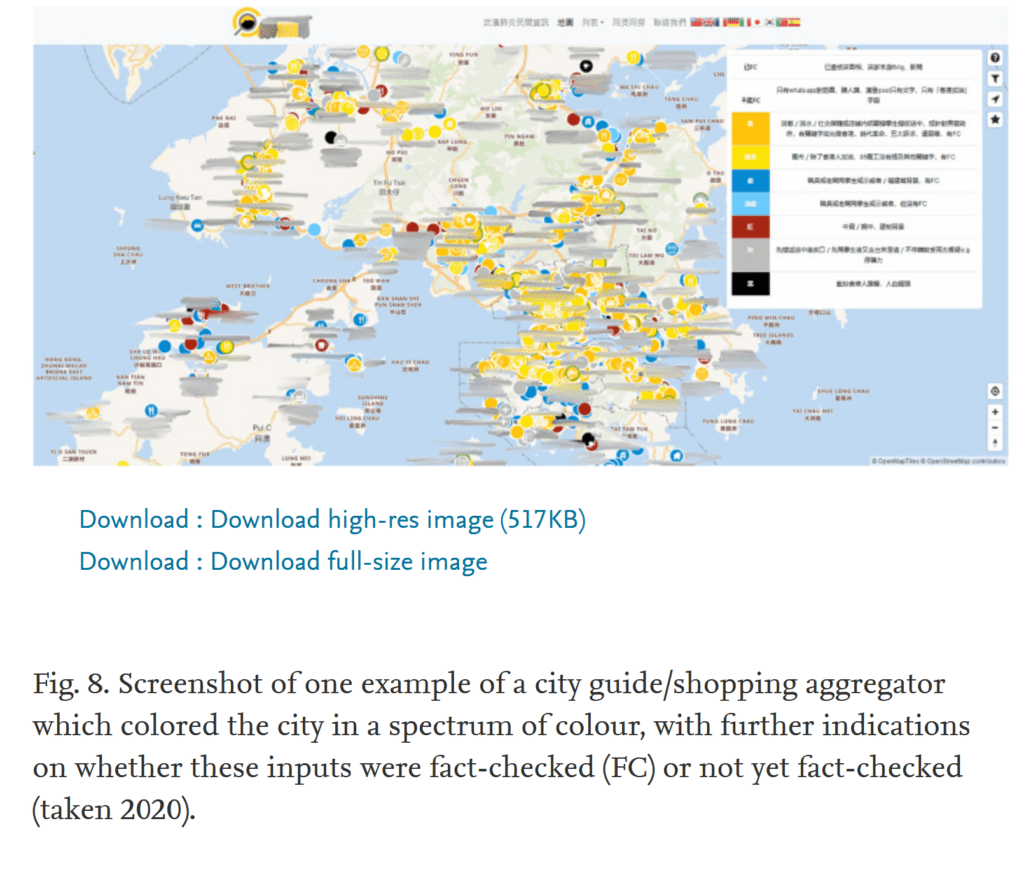
6. 2022. Protest, pandemic, & platformisation in Hong Kong: Towards cities of alternatives. ❋ Best Student Paper Award, Activism, Communication and Social Justice, ICA.
This paper explores the variety of alternative, local platforms that flourished in Hong Kong. It highlights the importance of thinking more critically about the platforms we are platforming, where we look to when we think of innovation, and what we forgo in a landscape starved of options.
7. Thinking Critically About Maps.(2021), Exposing the Invisible, Tactical Tech.
“Thinking critically about maps is not just about being conscious of potential harms and biases, but is also away of investigation itself. New insights, perspectives and vantage points are gained when we challenge dominant perspectives about geographies”
